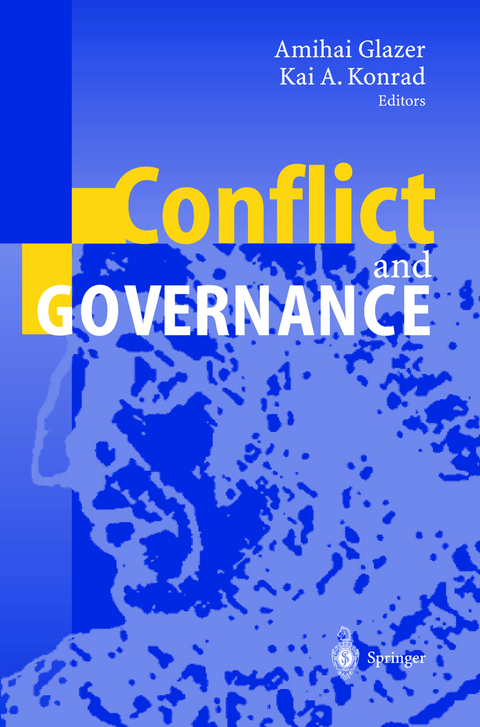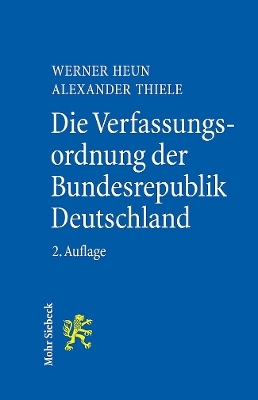
Conflict and Governance
Springer Berlin (Verlag)
978-3-540-00220-8 (ISBN)
Prof. Dr. Kai A. Konrad ist Direktor am Max-Planck-Institut für Geistiges Eigentum, Wettbewerbs- und Steuerrecht in München. Er ist einer der forschungsstärksten deutschen Ökonomen und ein vielgefragter Berater in Medien und Politik, u.a. im Wissenschaftlichen Beirat beim Bundesministerium der Finanzen.
The wide importance of conflict.- Social identity, inequality and conflict.- Butter and guns: Complementarity between economic and military competition.- Targeting and political support for welfare spending.- How to understand, and deal with dictatorship: an economist's view.- Tax resistance, economy and state transformation in China and Europe.- The rationality of revolution.- Optimal law enforcement when victims are rational players.- Property rights and the evolution of the state.- The political economy of organized crime: providing protection when the state does not.- Social decision rules are not immune to conflict.
| Erscheint lt. Verlag | 24.3.2003 |
|---|---|
| Zusatzinfo | VI, 202 p. |
| Verlagsort | Berlin |
| Sprache | englisch |
| Maße | 155 x 235 mm |
| Gewicht | 425 g |
| Themenwelt | Sozialwissenschaften ► Politik / Verwaltung ► Politische Theorie |
| Wirtschaft ► Volkswirtschaftslehre | |
| Schlagworte | conflict • Crime • ethnic conflict • Konfliktforschung • Political Economy • Revolution • Terror • Theory of Conflict • war • Wirtschaftstheorie |
| ISBN-10 | 3-540-00220-0 / 3540002200 |
| ISBN-13 | 978-3-540-00220-8 / 9783540002208 |
| Zustand | Neuware |
| Haben Sie eine Frage zum Produkt? |
aus dem Bereich


